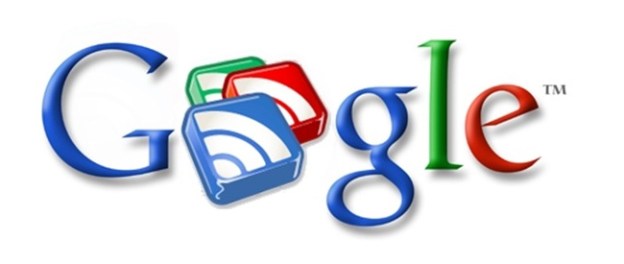
Google will summarily execute its beloved but underused RSS service, Google Reader, on July 1, the company announced Wednesday. Users will be able to export their subscriptions and other data for use in another RSS reader using Google Takeout – as if that makes this wretched news sting any less.
Google software engineer Alan Green, who worked on the Reader development team, explains in a blog post that there are “two simple reasons” for Google killing off Reader: “usage of Google Reader has declined, and as a company we’re pouring all of our energy into fewer products.” Green says better “focus” at Google will lead to “a better user experience.” Unless you are an avid Google Reader user, of course, in which case you can just go screw yourself.
The first question is: Is life worth living now that Reader’s come to the end of the road? (Probably.) The second question is: Which RSS reader should I use now? As for that, there’s really no good answer. Some say check out Newsblur, others point to Feedly. You could even try The Old Reader, which is a Google Reader clone. But if you’re a fan of Google Reader, whatever you choose will feel like a sham – a Band-Aid over your punctured, blood-spewing heart.
On Twitter, many users are freaking the hell out over the imminent demise of treasured Google Reader.
I AM SO ANGRY AT YOU FOR THIS GOOGLE.
— Jillian C. York (@jilliancyork) March 13, 2013
Guys I found the best Google Reader alternative: Throw all your computers into the river and come with me to start a new life in the North.
— Adrian Chen (@AdrianChen) March 13, 2013
Google Reader going is not a good thing.
— Craig McGill (@craigmcgill) March 13, 2013
GOOGLE IS KILLING GOOGLE READER ON JULY 1. googleblog.blogspot.com/2013/03/a-seco… I use it every single day. So, so angry.
— Andy Baio (@waxpancake) March 13, 2013
In addition to axing Reader, Google plans to kill off about seven other products, most of which the average Web user has never heard of, and thus could care less if they die.
So here’s to you, Google Reader. You will be missed (until something better comes along, and then we will forget Google Reader ever existed.)


